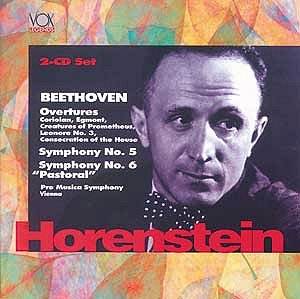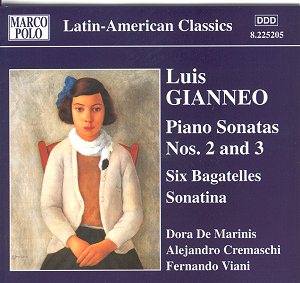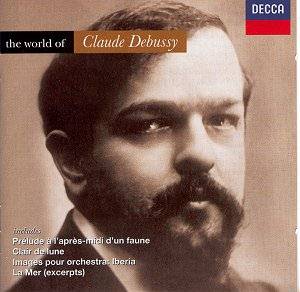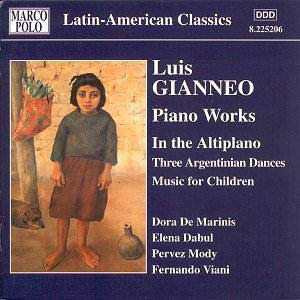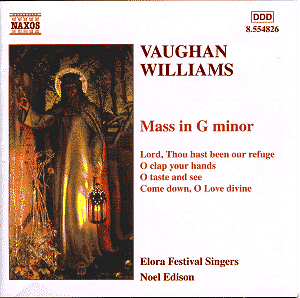 Composer: Ralph Vaughan Williams
Composer: Ralph Vaughan Williams
Works: Mass in G minor; Motets: Lord, Thou hast been our refuge, Prayer to the Father of Heaven, O vos omnes, O clap your hands, O taste and see; Anthem: O how amiable; Hymn: Come, down, O Love divine (Down Ampney)
Performers: Elora Festival Singers; Thomas Fitches (organ)
Recording: Recorded 8-11 February 2000, Church of St Mary Magdalene, Toronto and St Mary’s Church, Elora, Ontario
Label: NAXOS
Ralph Vaughan Williams stands as a pivotal figure in the English choral tradition, his works melding rich harmonic language with a profound sense of spirituality. The Mass in G minor, composed in 1921, embodies his deep reverence for the choral idiom, synthesizing influences from earlier English choral traditions while forging a distinctly modern voice. This recording features a selection of Vaughan Williams’s sacred music, with the Mass serving as its cornerstone, showcasing both the composer’s mastery and the Elora Festival Singers’ interpretive capabilities.
The interpretation of the Mass in G minor reveals a commendable understanding of its intricate textures and emotive depth. The Elora Festival Singers, under the direction of Noel Edison, deliver a performance that, while not reaching the heights of the Corydon Singers’ acclaimed recording, nonetheless possesses merit. The choral sound is characterized by a warm blend and clarity, particularly notable in the “Kyrie” and “Gloria” sections, where the interplay between the voices evokes the ethereal qualities that Vaughan Williams intended. However, moments of heightened tension, especially during the “Agnus Dei,” lack the sustained intensity that can elevate the music beyond mere performance to a transcendent experience.
Technically, the ensemble demonstrates commendable precision and balance. The recording captures the dynamic range effectively, allowing the nuances of Vaughan Williams’s harmonic language to come through. The organ, played by Thomas Fitches, provides a resonant foundation, although there are moments where the accompaniment overshadows the vocal lines, particularly during climactic passages. This imbalance can detract from the overall impact of the music, preventing the listener from fully appreciating the delicate interplay that is a hallmark of Vaughan Williams’s choral writing.
In examining the additional motets and the anthem included in this collection, one observes that while these shorter works showcase the composer’s lyrical gift and his ability to convey deep emotion in concise forms, the performance occasionally falters in articulating the subtleties inherent in the music. For instance, in “O vos omnes,” the delicate textures are not always fully realized, leading to a somewhat generalized phrasing that undermines the emotional weight of the text. Conversely, “O how amiable” benefits from a more attentive interpretation, with the ensemble capturing the warmth and introspective nature of the piece effectively.
The engineering quality of the recording is satisfactory, with a well-balanced sound that allows individual voices to shine while maintaining the integrity of the choral ensemble. The acoustics of the recording venues contribute positively, providing a resonant backdrop that enhances the choral sound. However, one might argue that a more nuanced approach to microphone placement could have allowed for an even clearer delineation of the intricate vocal lines.
This recording of Vaughan Williams’s choral works, while not without its shortcomings, remains a valuable addition to the discography of this significant composer. The Elora Festival Singers exhibit a commendable dedication to the repertoire, and their interpretation, though at times lacking in the nuanced tension that defines the best performances of the Mass in G minor, nonetheless conveys a genuine respect for Vaughan Williams’s artistic vision. The collection serves as an accessible entry point for those new to his choral music, providing a rewarding experience that invites further exploration of his profound choral legacy.
